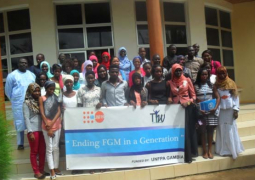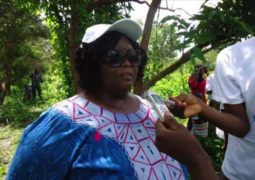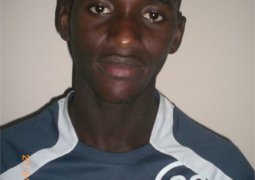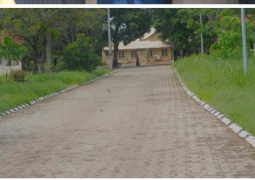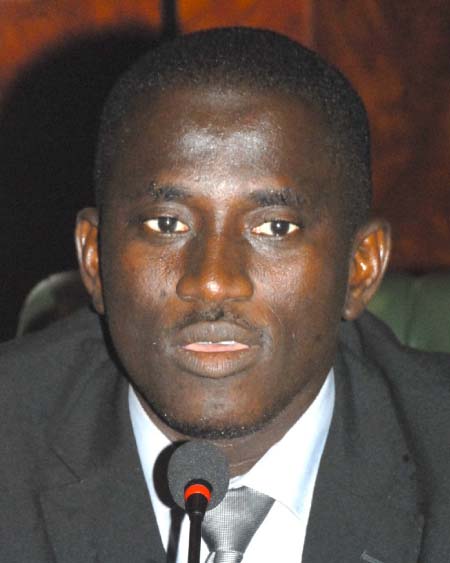
Sabally was first arraigned on 11 August 2014, before Justice Makailu on a three-count charge of economic crime and abuse of office, which he denied.
On the 22 October 2014, prosecutors filed an amended additional eight-count charge, which includes economic crime, abuse of office, neglect of official duty and giving false information to a public servant, which he again denied.
Senior defence counsel Antouman Gaye filed a bail application before Justice Amadi at the Special Criminal Court in Banjul, and Sabally was granted bail of D1.5 million on 25 November 2014.
During the trial, the prosecution led by the Director of Public Prosecutions (DPP) Barkun, in trying to prove their case against the accused, called 10 witnesses and tendered exhibits.
At the end of the cross-examination of the tenth prosecution witness Alassan Ndoye, the state announced the closure of their case.
At the closure of the prosecution case, Sabally entered into his defence and testified as a lone witness.
At the apex of the trial, the DPP brought a letter and applied to tender it in court as part of their case, which the defence strongly objected to on the grounds that the document was irrelevant to the charge.
Senior counsel Gaye said the document came into existence six months after December 2014, adding that he had not been served with a notice that the prosecution wanted to tender the document.
He argued that “the law of evidence does not allow trial by ambush”.
Counsel said the document could not come from the DPP and be tendered in court; instead it should be tendered through a prosecution witness.
In reply, the DPP stated that counsel’s objection had no place in court, and it was “speculative”, as such “it has no place in law”.
He said the sections cited by counsel were applicable to only civil cases and not criminal cases, adding that the prosecution intended to discredit the accused by the document.
DPP added that the document was relevant because the accused wrote it, and urged the court to overrule the objection.
Justice Amadi said he had listened to both sides and he did not think the DPP had in mind the law of evidence.
He said how the document came about in the hands of the DPP did not matter, adding that the accused was asked about the document and he said he was the one who wrote it, hence on that ground alone, it would be difficult for him to reject the document.
“I will admit and tender the document, and urge counsel on both sides to study the document and address me specifically on it,” he said.
Both the DPP and the defence later filed their address before Justice Amadi, and the defence urged the court to acquit and discharge the accused person.


